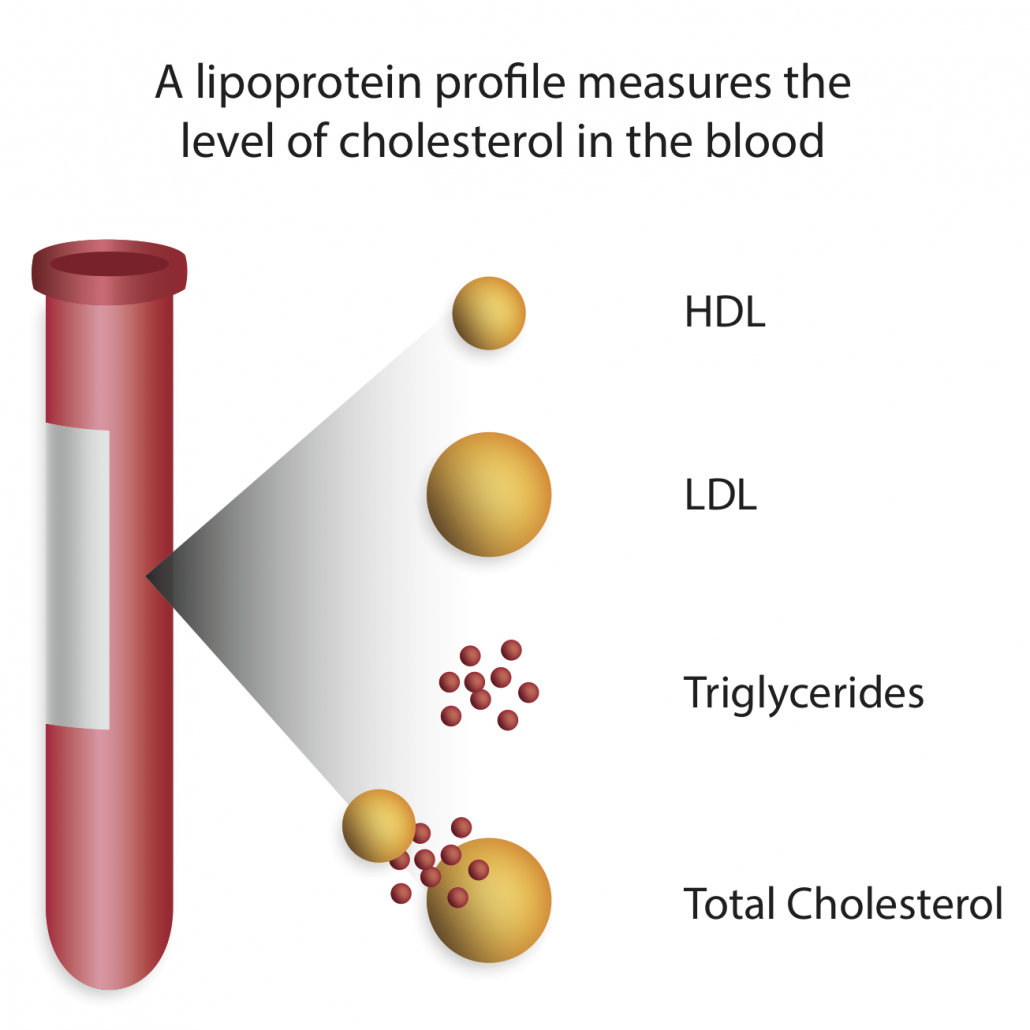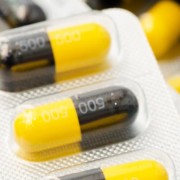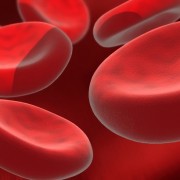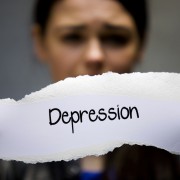Cholesterol Level: What Your Score Means
Your cholesterol level can be checked through a blood test called lipoprotein profile. But what are the constitutes of this test, how often should you get it, and what your numbers should be?
Excessive cholesterol scales are nowadays identified being essential unhealthy background that is able to grow cardiovascular maladies, erectile dysfunction and plural complications. Certain studies have already demonstrated that there a connection exists amidst threat of a cancer and cholesterol. Researchers have estimated that near 30% of our community will gradually pass away from heart diseases, most of those population will be over 65 years old. Hyper scale cholesterol isn’t evident by any external signs or symptoms. So, there’s no necessity for emphasizing the importance of checking its level, let’s move on to details of fasting lipid profile along with its numbers.
Serum Cholesterol (General Blood Analysis)
First and foremost, that is necessary to look at this score inasmuch it answers a key question ‘Are you within heart-disease riskiness zone?’ or not. General blood analysis demonstrates the whole content of cholesterol basic kinds’ measures: low-density lipoprotein (LDL), high-density lipoprotein (HDL).
These figures together have to amount fewer 200mg/dL (optimal rate). If they measure 200-239mg/dL, rate is quite excessive already reaching the limitline. Whereas result shows 240mg/dL & upwards, this rate’s high.
LDL – Low-Density Lipoprotein
LDL appears to be a mix of fat with proteins which move along stream of blood, it brings the cholesteric particles to cells. The ‘bad’ cholesterol is the another appellation for LDL. LDL’s elevated maintenance can give rise to atherosclerosis. Fat fragments inby blood vessels come to accumulate, in conjunction they create clods of plaque, shaping a heart attack threat. The closer to bottom LDL’s rate, the better.
- Optimum – fewer than 100mg/dL;
- Normal/almost optimum – 100-129mg/dL;
- Limitline high – 130-159mg/dL;
- High – 160-189mg/dL;
- Abnormally high – 190mg/dL and up.
Scientists in Ohio noticed that psychological stress has its specific meaning towards LDL. They have found that LDL’s level grew up ~5% among average-age people at the time of high stress connected directly with their work.
This is strongly recommended to those who have disrupted metabolism and cardio-diseases to hold their LDL’s rate fewer than the mentioned here rate as optimum – better keeping it fewer than 70mg/dL. In all circumstances, please ask healthcare providers to describe everything concerning your perfect LDL’s rate.
HDL – High-Density Lipoprotein
HDL (high-density cholesterol) cleans the bloodflow swamping the superfluous C27H46O particles in the meantime bringing those back to the liver. This is occasionally so-called the ‘good’ cholesterol due to its assistance in cleaning LDL outwards of human corpus, hence veins stay unplugged, out of harmfulness of the clogging. HDL’s a helping hand on behalf of preventing heart diseases’ progression, so the higher HDL rate is, the better.
- Excellent – 60mg/dL and up;
- Good – over 45mg/dL for a man and over 55mg/dL for a woman (health care practitioners often accept as well over 40 mg/dL and over 50mg/dL relatively);
- Too low – less than 40mg/dL for a man and less than 50mg/dL for a woman.
Triglycerides
Extra calories, coming to the human body with food, later are changed to triglycerides (some fat in the blood). High level of triglycerides in most cases is usually connected with such factors as sedentary way of living, obesity, diabetes with increased blood sugar rates, smoking etc. The more triglycerides you find in your test results, the more harmful it’s for your heart.
Triglycerides normal level should be less than 150mg/dL. Acceptable but limitline score is 150-199mg/dL. 200-499mg/dL is considered to be high level, 500+mg/dL is too elevated.
How often is it needed to Pass a Cholesterol Test?
If you have a fragile heart health or the riskiness of developing an illness of that kind (e.g. family history of heart attacks), if you earlier had abnormal cholesterol results, it’s obligatory for you getting a regular cholesterol testing. If your numbers are borderline or on the verge of being too high, it’s desirable to get them checked every 1-2 years. If you have great numbers with no signs of heart disease, you can get your check every 3-5 years.
For most children it’s recommended to pass one cholesterol testing at the age of 9-11, another test should be made at the age of 17-20. It’s suggested to avoid this test between the ages of 12 & 16 because the hormones prevalent during virility often obstruct getting accurate numbers. American Heart Association argues that beginning at age 20, everyone should have a lipid profile obtained at least every 5 years.
Besides, what’s interesting if you or your child is afraid of needles, researchers in India argue that in nearest future they will present to the world their non-blood method. To find out someone’s LDL & HDL rate, it would be needed just a photograph of the back of the hand. They say the photographs of our fingers’ sulcus when entered into a computer program, are taken for comparison, then matched with known C27H46O rates.
What are the Main Treatment Options for Reducing Cholesterol?
Combining the healthy food nutrition, exercises, plus your doctor’s recommendations, you’ll be able to pull down cardinally the risk of cardiac troubles. It was stated by the Department of Nutritional Sciences in Toronto, that 83% of heart attacks could have been prevented simply by diet and changes of certain lifestyle behaviors. The majority of people who have made changes to their nutrition usually see the result of cholesterol fall about 10%; other 15% of people get no changes at all, and the last 15% enjoy changes of almost 30% of the cholesterol reduction. If attempts to transform your lifestyle into something healthier don’t give obvious results, your physician may advise you some treatment options such as statins, niacin (one of the B vitamins), or fibric acid agents.
Please feel free to contact My Canadian Pharmacy customer support – you can easily get all your questions answered by qualified medical professionals.










